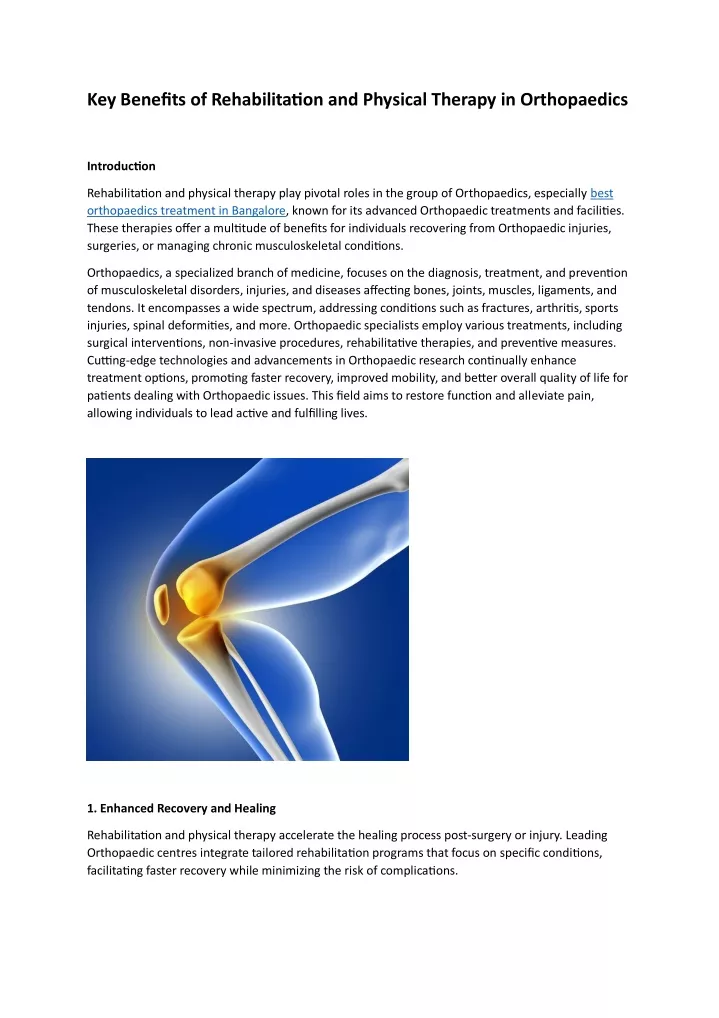The 6-Minute Rule for Narconon Africa
The 6-Minute Rule for Narconon Africa
Blog Article
Top Guidelines Of Narconon Africa
Table of ContentsNot known Details About Narconon Africa The Narconon Africa PDFsThe Best Strategy To Use For Narconon AfricaNot known Factual Statements About Narconon Africa The Best Guide To Narconon Africa9 Easy Facts About Narconon Africa ShownAll About Narconon Africa
In a series of documents with Manudeep Bhuller and Katrine V. Lken, we conquer these data obstacles and the nonrandomness of jail time, offering brand-new insights into how incarceration affects regression, work, kids, and criminal networks - Effective Alcoholic treatment. Number 1 Our work research studies the effects of imprisonment in Norway, a setting with two vital advantagesWe can even more link this information to other member of the family, consisting of children and siblings. Moreover, we have information on co-offending that enables us to draw up criminal networks for observed criminal activities. Second, we can leverage the arbitrary project of criminal situations to judges who vary in their tendencies to send out accuseds to jail.
Some courts send out defendants to prison at a high rate, while others are extra lenient. We gauge a court's stringency as the average incarceration price for all various other situations a judge handles, after regulating for court and year fixed impacts, which is the degree of random assignment. This quasi-random job of court stringency can be utilized as an instrument for imprisonment, as it strongly anticipates the court's decision in the existing situation, but is uncorrelated with various other case attributes both deliberately and empirically.
What Does Narconon Africa Do?
Characteristics of prisoners, consisting of demographics and crime classifications, are extensively comparable in Norway and various other nations, including the United States, with the exceptions that the US murder price is much higher, and race plays a bigger function there. What stands apart as different, particularly compared to the USA, is the jail system.
Number 2In Norway, the average time spent in prison is a little over six months, which resembles most various other Western European countries. This contrasts with typical US jail time of nearly 3 years, which remains in big part the reason the United States is an outlier in its incarceration rate compared with the remainder of the globe [Figure 1]
Top Guidelines Of Narconon Africa
This offers a lot more separation in between minor and hardened lawbreakers than exists in the United States. There is no congestion in Norwegian jails and better individual security, with each prisoner being assigned to their very own cell and a greater inmate-to-staff proportion than in the USA (http://go.bubbl.us/e2b209/7cb4?/New-Mind-Map). Prisons in Norway also use well-funded education, medicine treatment, psychological health, and task training programs
Our research on the results of incarceration on the offender, making use of the random job of courts as a tool, returns three essential searchings for. Imprisonment dissuades further criminal actions. We discover that imprisonment lowers the chance that a person will certainly reoffend within 5 years by 27 portion points and decreases the equivalent see this website variety of criminal costs per individual by 10 fees.
The Buzz on Narconon Africa
We find sizable declines in reoffending probabilities and collective charged crimes even after accuseds are launched from prison. Our second outcome is that prejudice due to selection on unobservable private features, if ignored, leads to the wrong verdict that time spent in prison is criminogenic. If we simply contrast criminal accuseds imprisoned versus those not sent out to prison, we discover positive associations between incarceration and subsequent criminal activity.
This stands in contrast to our analysis based on the arbitrary project of judges, which finds an opposite-signed outcome. Third, the decrease in criminal offense is driven by people who were not working prior to incarceration. Amongst these individuals, imprisonment increases engagement in programs guided at improving employability and lowering regression, and this eventually increases work and earnings while preventing criminal actions.

Imprisonment creates a 34 portion factor boost in participation in task training programs for the previously nonemployed, and within 5 years their work price boosts by 40 percentage factors. At the exact same time, the probability of reoffending within 5 years is reduced by 46 percentage points, and there is a decrease of 22 in the average number of criminal costs.
4 Simple Techniques For Narconon Africa

A probable explanation for the distinction is that Norway's prison system differs substantially, both in terms of prison-term length and prison conditions, from the US prison system. While understanding the impacts of incarceration on the wrongdoer is a crucial initial step, catching spillover results is also important for evaluating criminal justice plan and creating effective jail systems.
Getting The Narconon Africa To Work

Ordinary the very least squares estimates disclose that kids of incarcerated fathers are 1 percent point more most likely to be charged with a criminal offense, about a mean of 13 percent, and show no effect on college grades. Utilizing our judge stringency instrument, we find no analytical proof that a daddy's incarceration affects a kid's own crime or college qualities, but we are unable to rule out modest-sized impacts.
Getting The Narconon Africa To Work
We define criminal groups based on network links to previous criminal cases. Our evaluation returns three primary findings. First, when a criminal network participant is incarcerated, their peers' chance of being billed with a future crime lowers by 51 percentage factors over the next 4 years. Furthermore, having an older brother jailed reduces the likelihood his younger bro will be charged with a crime by 32 percent factors over the next 4 years.
Report this page